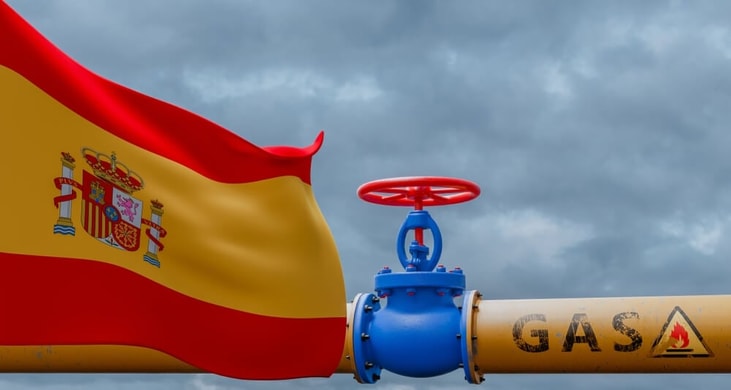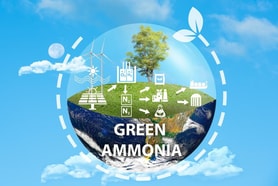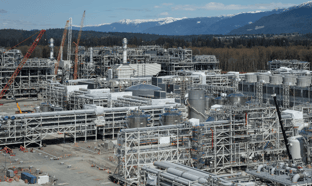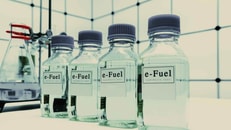CycleØ launches first biomethane plant with ammonia stripping in Spain
European biomethane producer CycleØ has inaugurated a biomethane plant equipped with ammonia stripping in the Catalonian municipality of Vallfogona de Balaguer, Spain – the first of its kind in the country.
The facility will help reduce nitrate pollution and emissions at local farm Granja La Carbona. Complete with ammonia stripping technology, the plant will transform manure into sustainable ammonium nitrate and sulphate to be used as fertiliser.
Equipped with a maximum production capacity of 15,000 MWh (megawatt hours) per year, the €2.5m ($2.6m) plant has become CycleØ’s second operational installation in Spain and the company’s first fully developed, owned, built and operated facility in the country.
... to continue reading you must be subscribed
























